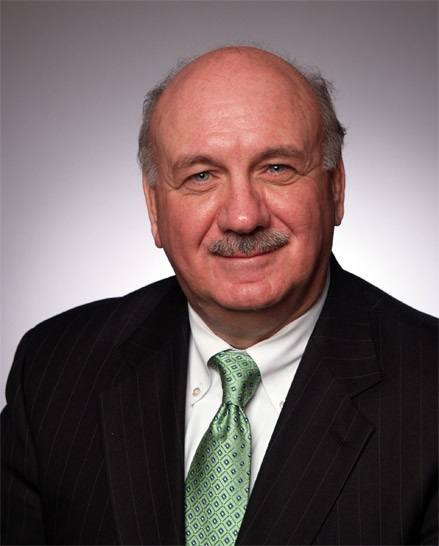
Robert S. Bacarella is Founder and Chairman of Monetta Financial Services, Inc., a registered investment adviser founded in 1984, and he has served as the Portfolio Manager or Co-Manager of the Monetta Fund and the Monetta Core Growth Fund — formerly the Monetta Young Investor Fund — since the funds’ inceptions. Before founding Monetta, Mr. Bacarella spent over 15 years with Borg-Warner Corporation, including in the role of Director-Pension Fund Investments.
In this exclusive 4.009 word interview in the Wall Street Transcript, Mr. Bacarella offers his hard won investment wisdom.
“Trying to time the market is a loser’s game. Even the best of us can’t do it. It’s very difficult to do because you’ve got to be right twice: when to get in and when to get out. And then, once you do get out, you have to decide when to get back in.
And many investors during market corrections panic to get out of the market and never re-enter the market. This approach has proven to have a negative impact on long-term performance because they do not reinvest until the market starts to trend the other way. By that time, they miss a major portion of the rallies as the market recovers…
Listen, I got into this business in 1972 and 1973. Those were two years of torture. And I saw stock values plummet 50%, 60% gradually, torturously down during that period. I thought the end of the world was near.
I remember interest rates when they were 18% and looking at a bond at that time that was going to yield me 18.2%. And I was worried that interest rates would go to 20%. I mean, that’s what happens during these periods of panic.
And what I’ve learned over my years is to stay invested, think long term and take advantage of the opportunities that occur, where you can buy stocks at a discount, especially top-quality, large-cap growth stocks.”
An example from Mr. Bacarella:
“Second one will be Visa (NYSE:V), the credit card company. Again, a brand name company, the largest processor in the credit card business. They have 53% of the market share and have consistently produced 10% year-over-year earnings growth. Good, solid holding.
Their competition is Mastercard (NYSE:MA) at 22% and American Express (NYSE:AXP) at 22%. They are the market leaders.”
Get the other top picks in this exclusive 4,009 word interview, only in the Wall Street Transcript.
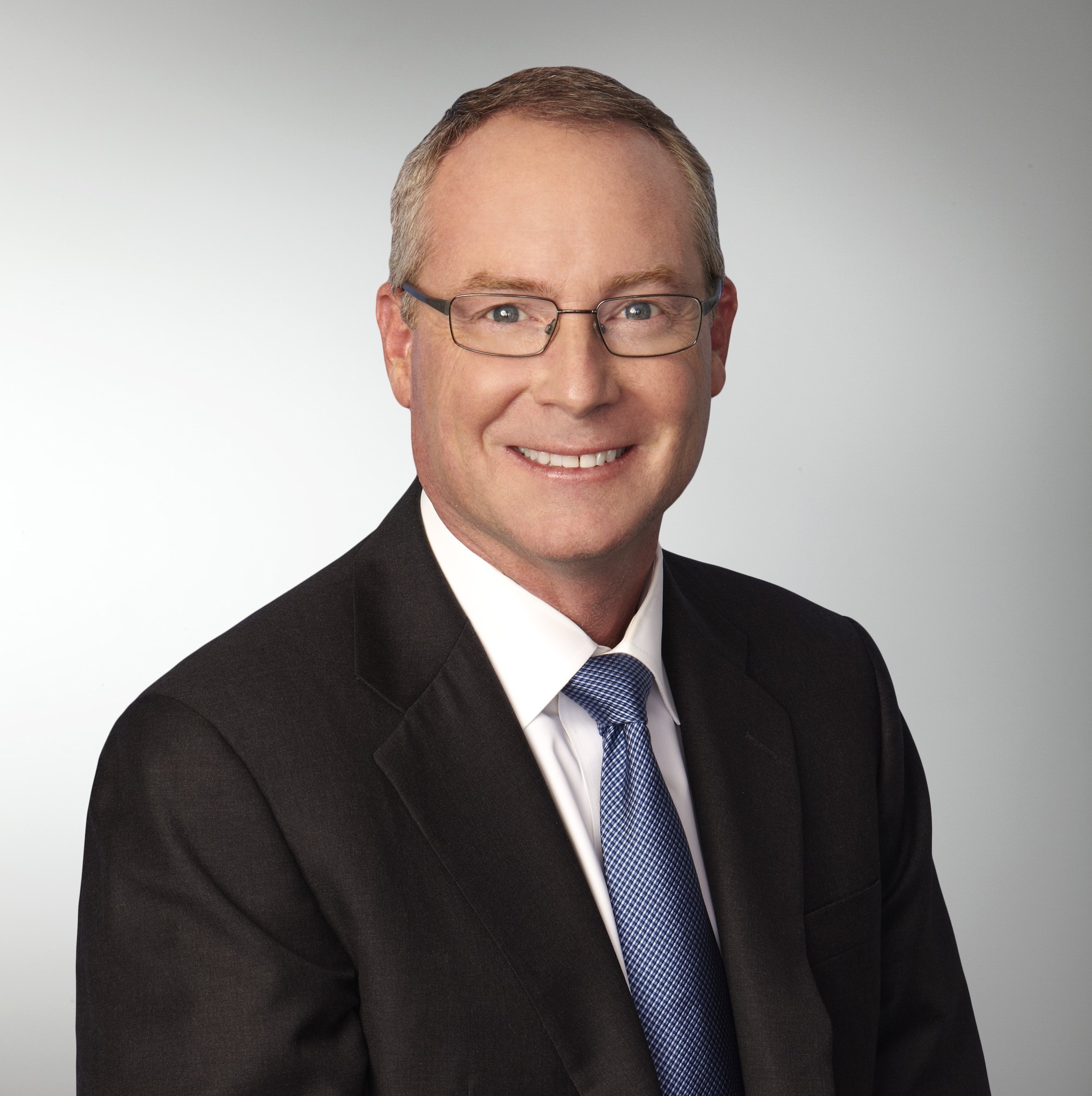
Robert Marren is a Portfolio Manager and a Managing Director with Allianz Global Investors, which he joined in 2007. He has portfolio management and research responsibilities for the U.S. Small Cap Growth team. He was previously the Director of Research and a portfolio manager of microcap growth equities for Duncan-Hurst Capital Management.
Before that, Mr. Marren was an assistant manager of corporate finance for Hughes Aircraft Company, focusing on debt financing and mergers and acquisitions. In this exclusive 3,591 word interview with the Wall Street Transcript, Mr. Marren explores the upside for small cap growth investors.
“We are growth investors, and we believe that because of the inefficiencies and information flow that exist in small cap and even more so in microcap, we can get an information edge through fundamental research.
And the primary way we do that is we consider ourselves experts in change. We’re looking at companies that are undergoing some sort of either internal or external change, could be a new management team, a new product launch.”
An example investment, detailed in the interview:
“Another company that we’re invested in is a company called Rosetta Stone (NYSE:RST). And Rosetta Stone, you may remember them as their legacy business, selling the yellow-box software that helps you learn a new language, but they’ve really reinvented themselves, along with this change theme, where they’re moving to a subscription-based model from selling just a box piece of software.
They’re expanding into the K-12 literacy market. They’re still doing the foreign language learning business, but they’ve switched that to a subscription model.
So we have recurring revenues, and they’re really growing fast in the K-12 model, working on or providing programs to schools to help children with English literacy. It’s a new business for them; it’s growing quite rapidly.
We think the market is still perceiving them a little bit based on their old business, but as they convert to a full or nearly full SaaS business — software-as-a-service business — we think we will see multiple expansion at Rosetta Stone.”
Get more of these growth investment gems by reading the entire 3,591 word interview, exclusively in the Wall Street Transcript.
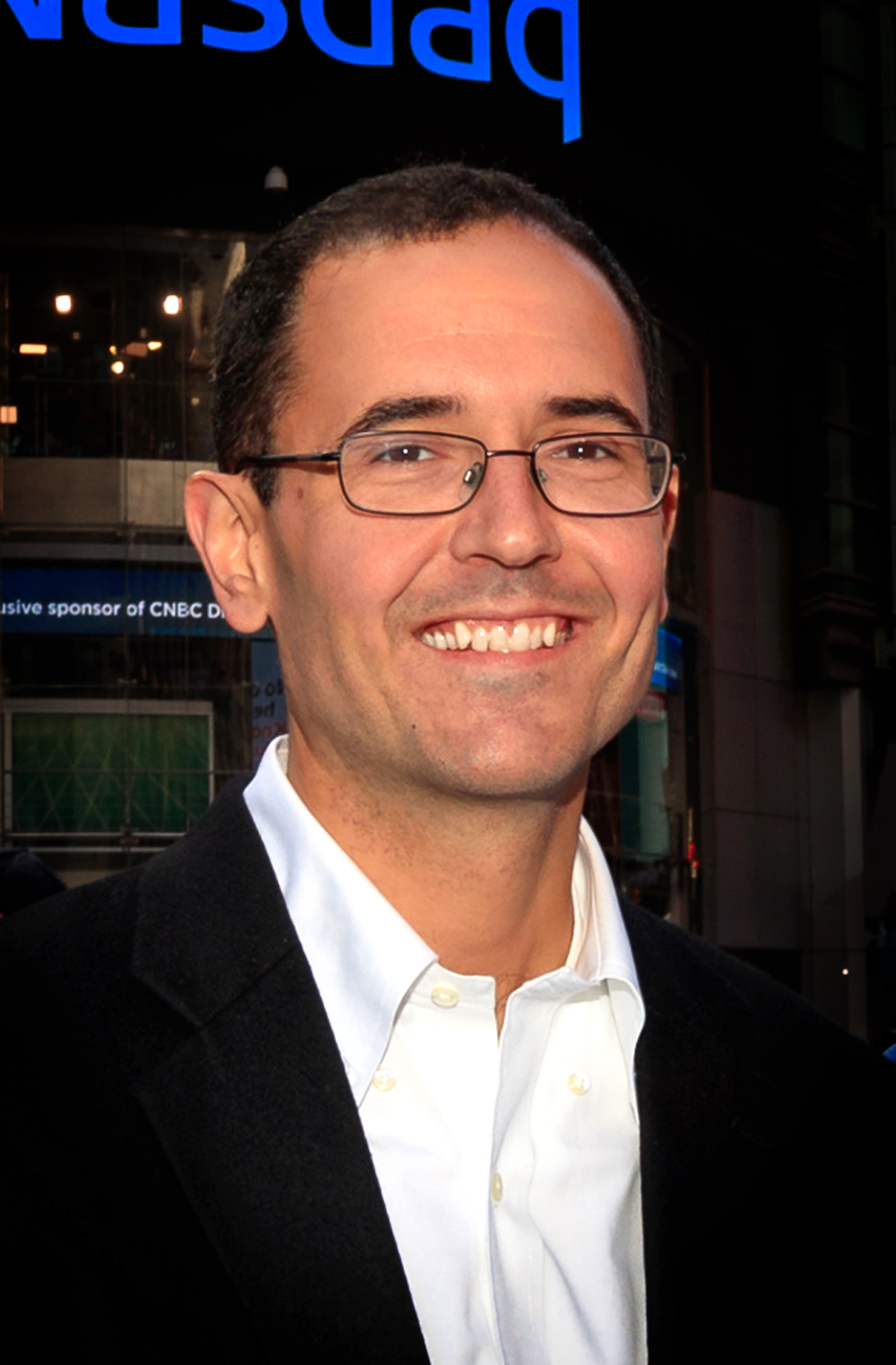
Geoffrey Cook has been Chief Executive Officer of The Meet Group, Inc. (NASDAQ:MEET) since March 11, 2013. Since November 10, 2011, he was Director and Chief Operating Officer of the company, appointed in connection with the merger of Quepasa and myYearbook.
Mr. Cook co-founded myYearbook, where he served as Chief Executive Officer from 2005 until the merger in 2011. During his tenure at myYearbook, Mr. Cook grew myYearbook to profitability and more than $30 million revenue with 100 employees. He previously founded EssayEdge and ResumeEdge while a student at Harvard University in 1997 and sold them to The Thomson Corporation in 2002.
In this exclusive 2,233 word interview with the Wall Street Transcript, CEO Geofftry Cook reveals all of the strategy of this young compay:
“To grow video DAU, we’re working on things like one-on-one chat. What are those users who aren’t in video doing? Today, they’re sending text-based chats to each other; they’re finding new people to chat with.
We’re going to be putting nearby videos in front of them, and if they do find somebody to chat with, we’re going to make it very easy to start a video chat with them. And so we’re really bringing video outside just the one tab it’s in today and expanding it into a key piece of every part of the app.”
One part of the revenue mix that has been a problem is advertising sales:
“We saw in 2018 stabilization of ad revenue decline. We started the year at the 36% year-over-year decline in Q1; we ended the year at more like a 16% year-over-year ad decline. And we see that continuing to moderate in Q1 2019 so far; at least as of the call, we were calling for a 10% year-over-year decline in Q1. So I think a lot of the themes were very positive.”
Get the complete picture of the prospects for Meet Group in this complete 2,233 word interview, only in the Wall Street Transcript.

Jacques Habra is the Chief Strategy Officer of Grown Rogue International Inc. He is an award-winning serial entrepreneur recognized by national and regional media for excellence in entrepreneurship, leadership and innovation. Mr. Habra was the lead investor in FirstClick, SelfEcho and TrackR, which recently won $50 million in Series B funding through the Amazon Alexa Fund.
Mr. Habra led early-stage fundraising for Grown Rogue and initial marketing launch. Today, as Chief Strategy Officer, he focuses on investor relations, capital relationships and marketplace strategy. Mr. Habra graduated with degrees in philosophy and English from the University of Michigan with honors.
In this exclusive 3,604 word interview exclusively in the Wall Street Transcript, Mr. Habra details the strategy for bringing his cannabis products to market.
“We have outdoor flower as well as indoor flower. We actually broke a state record in potency for outdoor flower last December, which is really exciting, because as I said, Oregon is a very competitive state when it comes to agriculture and specifically cannabis cultivation.
To break records, to win awards around any cultivation is a real honor, and that intelligence, that knowledge, that best practice is another aspect that we can take across state lines as we expand.
So we have the flower, which is our number one seller; of course, it’s the number one most purchased cannabis product in the world.”
The Chief Strategy Officer acknowledges the hurdles in this fast growing innovative consumer product sector:
“It’s challenging. There are a lot of rules, and a lot of the rules are being made up on the fly. Even in California, which is the biggest cannabis market in the world, they’re still making the rules up as they go along. They’re still defining standards. They’re still figuring out how to allow this product to be in the marketplace but to do so in a very safe and effective fashion. We’ll see how that goes.”
Get the complete detail on the plans for Grown Rogue, exclusively in this 3,604 word interview in the Wall Street Transcript.
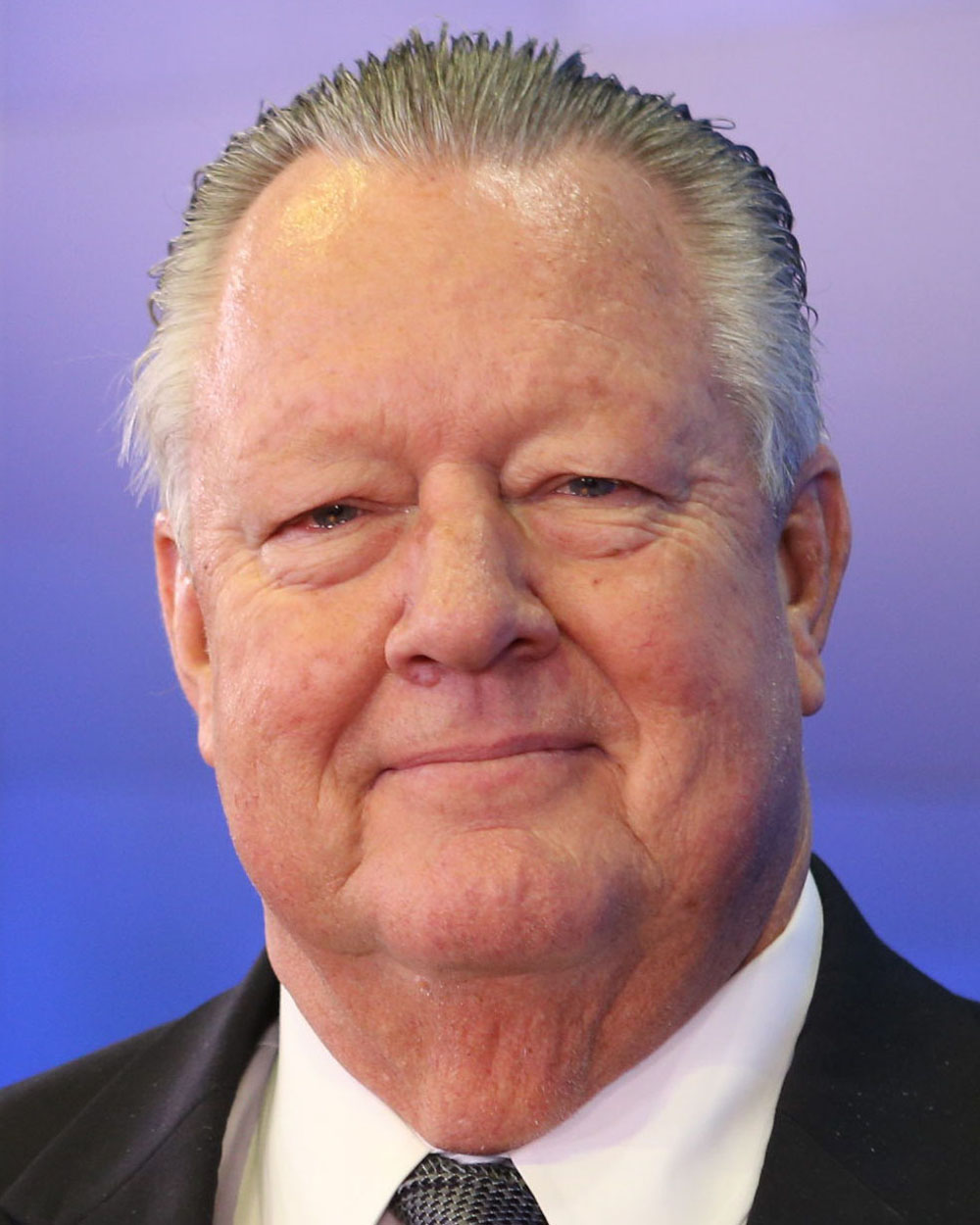
Peter Nielsen is President, Chief Executive Officer and Chief Financial Officer of Bio-Path Holdings, Inc. Mr. Nielsen co-founded Bio-Path Holdings, a public biotechnology company developing targeted oncology therapies, and currently serves as Bio-Path’s President, Chief Executive Officer, Chief Financial Officer and Chairman of the board of directors.
At the time of Bio-Path’s establishment in 2007, Mr. Nielsen licensed technology and targets from the University of Texas MD Anderson Cancer Center and coordinated preclinical development, optimization and manufacturing of Bio-Path’s lead product, prexigebersen — BP1001.
Over the next 10 years, Mr. Nielsen led the clinical advancement of BP1001 into Phase II studies, the introduction of additional pipeline candidates and the company’s public market debut.
Prior to co-founding Bio-Path, Mr. Nielsen worked with several other companies, leading turnarounds and developing and executing on strategies for growth. He currently serves as a director of Bio-Path.
Before entering the biotechnology sector, Mr. Nielsen was a lieutenant in the U.S. Naval Nuclear Power program where he was director of the physics department and was employed at Ford Motor Company in product development.
Mr. Nielsen has a broad background in senior management and has significant negotiating experience. He has earned degrees in engineering, mathematics and an MBA in finance from the University of California at Berkeley.
In this exclusive 3,119 word interview in the Wall Street Transcript, Mr. Nielsen explores the potential of Bio-Path to deliver life changing treatments for severe illnesses and superior returns for its investors.
“…We are a Phase II company with a drug candidate, prexigebersen — BP1001. We have a Phase II trial in AML, or acute myeloid leukemia, including de novo patients. We are going to be adding another cohort with refractory/relapsed patients as well.
We have a Phase II in CML, or chronic myeloid leukemia, that is open for enrollment and are working on an IND for a trial in solid tumors — this should be filed shortly.
Then, we have another IND being filed for our second drug, BP1002, which is targeting the Bcl-2 protein, which I think you know is a very important protein in apoptosis treatments.
The drug uses the same technology, our DNAbilize nanoparticle RNAi antisense. That is initially going to be targeting NHL, or non-Hodgkin’s lymphoma, and CLL, or chronic lymphocytic leukemia.”
The unique aspect of Bio-Path treatments open a big market:
“This is one of the ways in which we are differentiated in the space: We are the only company that has a nanodelivery technology that can deliver RNAi oligonucleotides throughout the body without toxicity and get entry into the cells. Nobody else with RNAi has been able to do that.
Others have either toxicity problems or poor uptake. We are the only ones that can do that with Grb2.”
Read the entire exclusive 3,119 word interview in the Wall Street Transcript for the full detail on Bio-Path straight from CEO Peter Nielsen.

Chad Beynon is a Senior Vice President and Senior Analyst who has been with Macquarie Group Limited since 2007. He conducts research and publishes reports on all gaming, lodging and movie theater companies, and is the Head of Consumer at the firm.
In 2012, Mr. Beynon received Institutional Investor’s Rising Stars of Wall Street in gaming and lodging, voted by corporate clients. Prior to joining Macquarie Group Limited, Mr. Beynon worked at Prudential Equity Group covering the beverage sector, followed by the gaming sector. Mr. Beynon graduated from the University of Maryland, double majoring in finance and logistics/supply chain management.
In this 2,751 word interview, exclusively in the Wall Street Transcript, Mr. Benyon details the evolving sports betting sector for investors.
“2018 started out well, and then, it finished very poorly mainly on the back of, I’d say, two items. One, the fear around the potential increase of interest rates. My companies carry a significant amount of debt, some of which has floating interest rates; therefore, investors began to worry about free cash flow adjustments should the Federal Reserve increase rates.
And then, the second item had to do with higher wage increases, which really began to increase in the last 18 months. While there are clearly benefits to the top line given a healthier consumer, investors became concerned around margin expansion deceleration. As a result of these two factors and a few nuanced fundamental declining items, the stocks performed poorly.”
The real upside is in expanding legalization:
“In addition, another major positive for U.S. casinos stocks is the May 2018 repeal on the ban of sports betting. So now, in certain states, actually six states to be exact, you can place a wager on a sporting event, and that is brand new in the United States, outside of Nevada.
It’s a very big market in places like the United Kingdom, Australia, Italy, Germany — some of the big, mature, well-populated markets — and we’re starting to see that in the United States. We do need state legislation to enact betting in each state, but as I said, we’ve seen it in six states.
So that’s something that I think will help the overall industry as well. We like Eldorado Resorts (NASDAQ:ERI), Caesars Entertainment (NASDAQ:CZR) and International Game Technology (NYSE:IGT).”
Get more details and more top picks from this award winning equity analyst in his 2,751 word interview, exclusively in the Wall Street Transcript.

Marco Taglietti, M.D., is President and Chief Executive Officer of SCYNEXIS, Inc. Dr. Taglietti joined SCYNEXIS as a member of the board in November 2014 and has been the Chief Executive Officer since April 2015 and the President since September 2015.
Prior to SCYNEXIS, he served as Executive Vice President, Research and Development and Chief Medical Officer of Forest Laboratories, Inc. and as President of the Forest Research Institute until its acquisition by Actavis in 2014. Prior to joining Forest Laboratories in 2007, Dr. Taglietti held the position of Senior Vice President, Head of Global Research and Development at Stiefel Laboratories, Inc., a GSK company, for three years.
He joined Stiefel Laboratories after 12 years at Schering-Plough Corporation, where he last held the position of Vice President, Worldwide Clinical Research for Anti-Infectives, Oncology, CNS, Endocrinology and Dermatology. Dr. Taglietti began his pharmaceutical career at Marion Merrell Dow Research Institute.
Over the course of his career, he has brought to market 35 different products in the U.S. and internationally. Dr. Taglietti currently serves on the board of directors of BioNJ, Inc. and Delcath (NASDAQ:DCTH). He received his medical degree and board certifications from the University of Pavia in Italy.
In this exclusive 3,951 word interview, found only in the Wall Street Transcript, Dr. Taglietti details his company’s development of an important new treatment for a serious illness:
“We believe that our product will play an important role as it is very versatile and flexible. It is being developed in severe hospital infections. Recently, just a few weeks ago, we actually issued a press release in which we discussed very positive data in patients who had fungal infections that were refractory and resistant to currently available treatments.
These patients have no or limited options, and we showed good activity in these patients. One area of development for us is hospital infections with the highly immune-compromised patients, but there is also another development that we are having in parallel in what we call our outpatients’ treatments.”
Candida auris is one of the targets for this new drug:
“Not only the CDC — Centers for Disease Control and Prevention — but all public health authorities across the world are very concerned about Candida auris. Let me tell you why they’re so concerned about it. Number one, the pathogen Candida auris is a multidrug-resistant pathogen, so it tends to be naturally resistant to azoles and many other antifungals that are currently available. Second, the Candida species is very aggressive, so mortality can be as high as 60%.”
The CEO, Marco Taglietti, M.D. explains the potential for investors:
“We have a great product and a great team with a track record of developing successful products that is as good as any I have seen in my 25-plus-year career that has involved more than 30 different products in different therapeutic areas.
So you may ask, why is our stock price so undervalued? The reason is that antifungals are not well-understood. Antibacterials typically do not do very well commercially. But the antifungals space is not a crowded market. We are addressing an area where there are very few options in the hospital, specifically, and where there is high mortality. For these indications, you usually have long treatment durations.
We believe our product, on a very conservative basis, will make total sales in excess of $500 million in the U.S. We believe it may even reach $1 billion sales in the U.S.”
Get the full detail on this development for Scynexis by reading the entire 3,951 word interview, only in the Wall Street Transcript.

Jesse Pytlak, CFA, is an Analyst in the Institutional Equity Research department of Cormark Securities Inc. and covers the cannabis industry. He joined Cormark in 2013. Previously, Mr. Pytlak worked at Ewing Morris & Co. Investment Partners and State Street. He received his Bachelor of Commerce with honors from McMaster University in 2007 and his Master of Finance from Queen’s University School of Business in 2013.
In this exclusive 3,115 word interview, only in the Wall Street Transcript, Mr. Pytlak give his top picks in this highly volatile sector:
“I cover 14 cannabis companies at the moment, and my coverage is actually quite evenly split between the Canadian-based cannabis companies such as Canopy (NYSE:CGC) and Cronos Group (NASDAQ:CRON) and the larger U.S.-based multistate operators such as Acreage (OTCMKTS:ACRGF) and Curaleaf (OTCMKTS:CURLF).
Cormark has been involved in the sector since about 2013, when the very first Canadian licensed producers started to trade publicly, and then, we started to cover some of the U.S. names in 2017. So we’ve been pretty early in this space and have really been able to observe the progression of the sector, both in Canada and the U.S.”
One specific stock pick stands out for Mr. Pytlak:
“Right now, I see the most compelling opportunities in the U.S. cannabis names, so my top pick in this space would be Curaleaf. The company has the largest vertically integrated operating platform in the U.S. today, with assets and exposure to a mix of 13 medical and adult-use states.
This shows the company is able to scale and execute operationally on a multistate basis, which is a challenge in the U.S. given the inconsistent regulatory structures in each state. Several of the current medical markets are contemplating adult-use legalization, including New Jersey and New York, so you have some good optionality from that.
And then finally, Curaleaf has the strongest balance sheet in the U.S. sector. It raised around $400 million with its go-public transaction, so very well-capitalized to continue to build out its footprint and pursue M&A. I have a C$15 target price on this stock.”
Get all of Mr. Pytlak’s top picks in the complete 3,115 word interview, exclusively in the Wall Street Transcript.
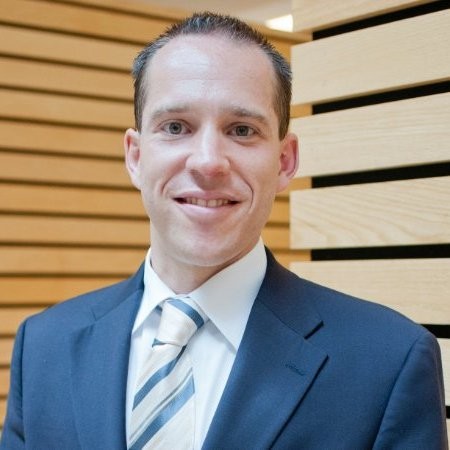
David Kideckel is a Managing Director and Senior Equity Research Analyst at AltaCorp Capital Inc., heading the firm’s health care and life sciences research. Prior to joining AltaCorp Capital, Dr. Kideckel was at another leading independent investment dealer, in his role as Director of Healthcare & Biotechnology, Institutional Equity Research.
Dr. Kideckel is a seasoned industry executive, having spent over 10 years in international pharmaceutical, biotechnology and medical device companies where he held executive roles in sales, marketing, medical affairs and international business development. Dr. Kideckel holds a Ph.D. and MBA from the University of Toronto’s Institute of Medical Science and Rotman School of Management, respectively.
In this exclusive 2,953 word interview, only in the Wall Street Transcript, Dr. Kideckel appraises the current state of the medicinal cannabinoid market.
“We’re the only firm in North America to have coverage of all three subsectors of cannabis, namely recreational cannabis, medical cannabis and cannabinoid-derived pharmaceuticals, and that’s the pharmaceutical type of cannabis.
For example, we’re the only Canadian investment bank to hold coverage on GW Pharma (NASDAQ:GWPH). In fact, we just took GW Pharma marketing last week in Boston and met with some of the world’s leading buy-side funds.”
According to Dr. Kindeckal, the investment upside will be in M&A:
“And M&A being a cornerstone for this sector as a whole, you’ll see, for example, one of the areas that we’re very vocal on is that, you’ve seen big beverages enter cannabis, Constellation (NYSE:STZ) with Canopy (NYSE:CGC), for example, you’ve seen big tobacco, Altria (NYSE:MO) with Cronos (NASDAQ:CRON), but what’s noticeably absent from the space has been Big Pharma.
Yes, there are a few smaller partnerships out there; there’s Tilray (NASDAQ:TLRY) with Novartis (NYSE:NVS), CannTrust (NYSE:CTST) with Apotex, which is a private company in Canada. But what we’re talking about is the level of magnitude of Big Pharma entering the space.
And having spent over 10 years in the industry myself, I know that Big Pharma is a very conservative industry, and once we see some more clarity and guidance being provided by both the U.S. at a federal level as well as the FDA, I think you’ll see pharmaceutical companies being less timid to enter the space. So that, I think, is going to be a focal point for 2019 and beyond.”
Get more top predictions from Dr. Kidreckal in this exclusive 2,953 word interview, only in the Wall Street Transcript.
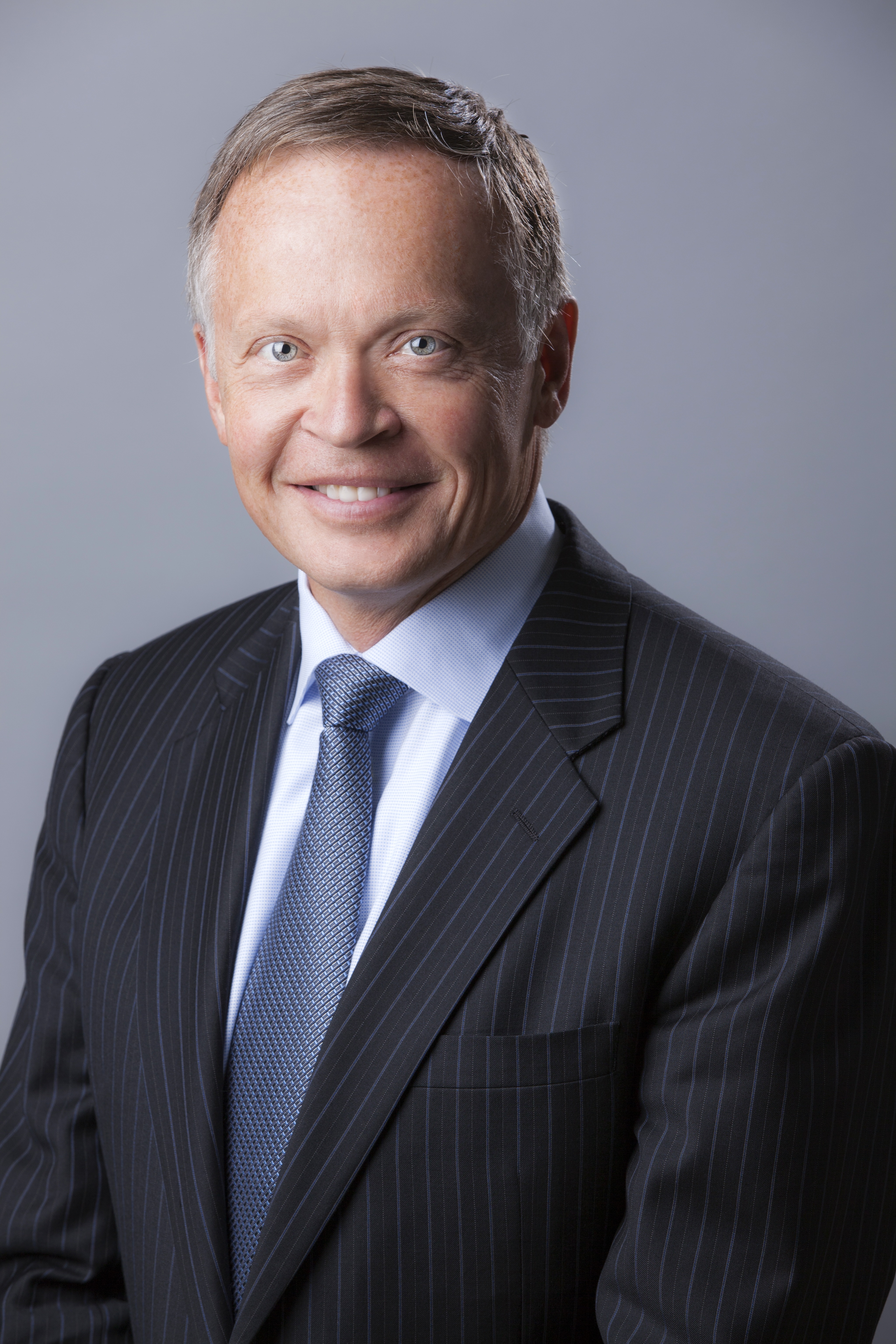
John P. Goetz is Managing Principal, Co-Chief Investment Officer, Portfolio Manager and member of the executive committee at Pzena Investment Management. Mr. Goetz is a co-portfolio manager for the Global, International, European, Emerging Markets and Japan Focused Value strategies.
He also previously served as the Director of Research and was responsible for building and training the research team. Mr. Goetz became a member of the firm in 1996. Prior to joining Pzena Investment Management, Mr. Goetz held a range of key positions at Amoco Corporation, his last as the Global Business Manager for Amoco’s $1 billion polypropylene business where he had bottom-line responsibility for operations and development worldwide.
In this exclusive 4,457 word interview in the Wall Street Transcript, John Goetz describes how he maximizes returns for his investors.
“…At any given moment, there are probably some good businesses that are trading at very low valuations. Typically, you don’t get a low valuation without some significant controversy or problem that’s developed, but if we could systematically identify and then research those situations, we could form portfolios of good businesses with temporary pain that could be very rewarding in terms of the stock price over the longer term.”
One such example is the China utility stock play:
“In this case, we actually believe that coal prices were going to go back down. In an odd way, actually, we’re saying this investment was partly a short of coal.
What I like about something like that, when you think about portfolio construction — now, I’m actually saying our investment in the utilities, Huadian Power (HKG:1071) and China Resources Power (HKG:0836), is actually going to do better if China slows down again, which is what’s currently happening.
So as demand for electricity slows down, demand for coal slows down, coal prices start going back down, and the utility returns, counterintuitively, start going back up.”
Get more detail on this investment and many others, only by reading the entire 4,457 word interview, exclusively in the Wall Street Transcript.